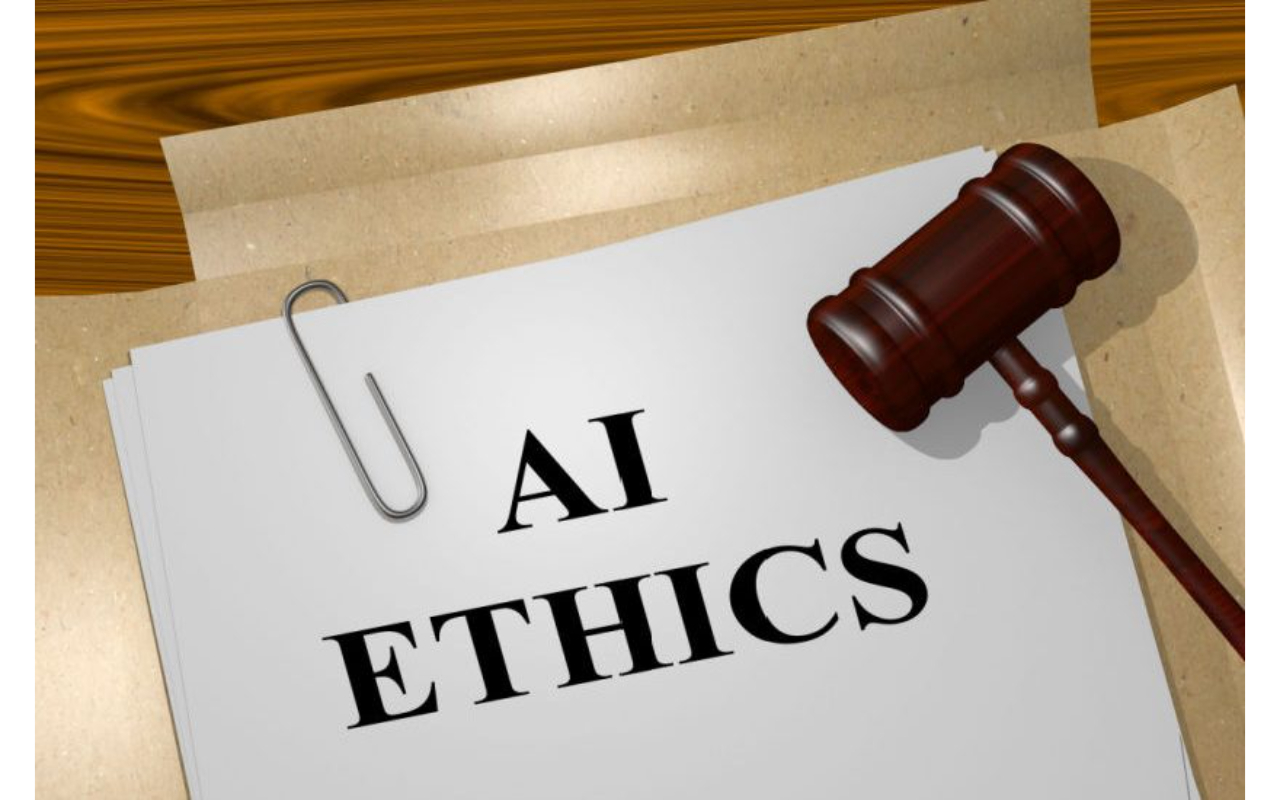Artificial Intelligence (AI) has become an integral part of our lives, revolutionizing industries, powering innovations, and shaping the future of technology. From virtual assistants and self-driving cars to predictive analytics and personalized recommendations, AI has the potential to transform the way we live, work, and interact with the world around us. However, with great power comes great responsibility, and the ethical implications of AI are a topic of growing concern. In this blog, we’ll explore the ethics of artificial intelligence, the challenges it presents, and the importance of balancing innovation with responsibility in the development and deployment of AI technologies.
Understanding the Ethics of AI:
The ethics of artificial intelligence encompass a wide range of considerations, from fairness and accountability to transparency and privacy. As AI systems become increasingly autonomous and pervasive, questions arise about how these systems are designed, implemented, and used, and the impact they have on individuals, societies, and the world at large. Key ethical principles that guide discussions around AI include:
- Fairness: Ensuring that AI systems are fair and unbiased, and do not perpetuate or amplify existing inequalities or discrimination.
- Transparency: Making AI systems transparent and understandable, so that users can understand how they work and make informed decisions about their use.
- Accountability: Holding developers and users of AI systems accountable for their actions and decisions, and ensuring mechanisms are in place to address issues of harm or misuse.
- Privacy: Protecting individuals’ privacy and data rights, and minimizing the risks of unauthorized access or misuse of personal information.
- Safety: Ensuring that AI systems are safe and reliable, and do not pose risks to human life, health, or well-being.
Challenges and Concerns:
Despite the potential benefits of AI, there are several challenges and concerns that must be addressed to ensure ethical AI development and deployment:
- Bias and Discrimination: AI systems can inherit biases from their training data or reflect the biases of their developers, leading to unfair or discriminatory outcomes.
- Transparency and Accountability: AI systems can be opaque and difficult to understand, making it challenging to assess their impact and hold responsible parties accountable for their decisions.
- Privacy and Data Protection: AI systems often rely on vast amounts of personal data, raising concerns about privacy violations, data breaches, and unauthorized access to sensitive information.
- Autonomy and Control: As AI systems become more autonomous, questions arise about who should have control over their actions and decisions, and how to ensure they align with ethical principles and societal values.
- Job Displacement: The widespread adoption of AI technologies has the potential to automate jobs and displace workers, leading to economic disruption and social inequality.
Balancing Innovation with Responsibility:
To address the ethical challenges of AI and ensure responsible innovation, it’s essential to adopt a proactive and multi-stakeholder approach that involves collaboration between policymakers, technologists, ethicists, and civil society. Some key strategies for balancing innovation with responsibility in AI development and deployment include:
- Ethical Guidelines and Standards: Establishing clear ethical guidelines and standards for the design, development, and use of AI systems, and integrating ethical considerations into the entire AI lifecycle.
- Diversity and Inclusion: Promoting diversity and inclusion in AI research and development to mitigate bias and ensure that AI systems are designed to serve the needs of diverse populations.
- Transparency and Explainability: Designing AI systems to be transparent and explainable, so that users can understand how they work and why they make certain decisions.
- Accountability Mechanisms: Implementing accountability mechanisms such as auditing, monitoring, and reporting to hold developers and users of AI systems accountable for their actions and decisions.
- Privacy by Design: Incorporating privacy-preserving techniques such as data anonymization, encryption, and differential privacy into AI systems to protect individuals’ privacy and data rights.
- Ethical Education and Training: Providing education and training on AI ethics and responsible AI development to raise awareness and empower stakeholders to make ethical decisions about AI technologies.
Conclusion:
As artificial intelligence continues to advance and permeate every aspect of our lives, it’s essential to approach its development and deployment with a strong commitment to ethics and responsibility. By addressing the ethical challenges of AI, promoting transparency, fairness, and accountability, and balancing innovation with responsibility, we can harness the transformative potential of AI to create a better, more inclusive, and equitable future for all. So let’s work together to build AI systems that reflect our values, uphold human rights, and contribute to the common good.

